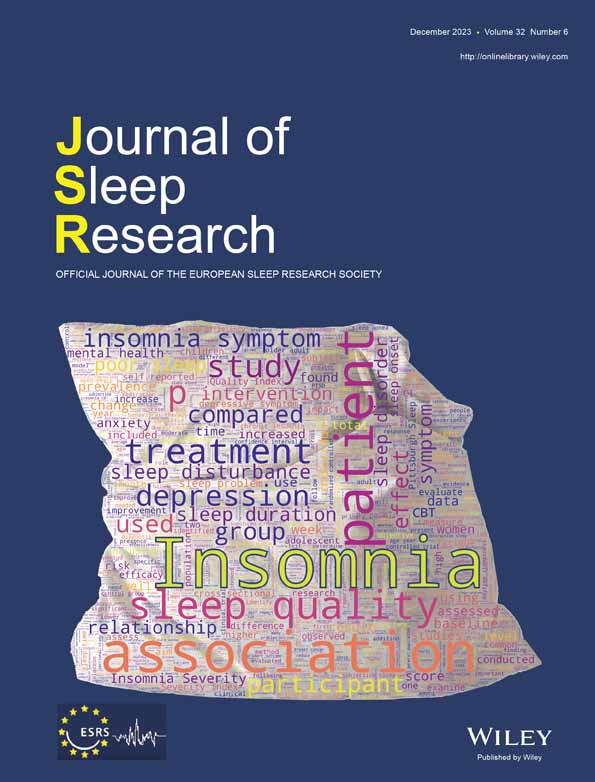
The worldwide COVID-19 pandemic has inevitably impacted EPAD and its consortium members. The EPAD project management team is monitoring the situation closely. Most EPAD research and clinical trial activities had to stop as of early March as progressively universities across Europe closed, and the clinical sites were either closed or saw site staff redeployed to help fight this pandemic.
COVID-19: Sharing experiences and advices from EPAD member José Luis Molinuevo
“All participants from our observational studies, like EPAD, AMYPAD, ALFA+ study, etc., and trials, PENSA, AB1601, are not allowed, by law, to come in, hence from a safety perspective we are on good grounds. We are aware of the impact on our studies, so we are working hard adapting them with the necessary protocol amendments to ensure their viability and validity after the crisis. Our IT teams are working on existing data to clean it and make it accessible to our research team, who is focusing on analysis and writing results from their homes”, says Dr José Luis Molinuevo, scientific director of the Alzheimer’s Prevention Program at BBRC.
Moreover, Molinuevo has been part of a correspondence letter in The Lancet, together with Alzheimer’s Disease International (ADI) and experts in the field of dementia. They suggested several measures for people living with dementia, as they are particularly vulnerable to the COVID-19 pandemic. You can read the correspondence here.
He has also published, together with ADI, a position paper on COVID-19 and dementia, with the aim to help families consider key issues when planning care for their loved ones with dementia during this pandemic. You can read the paper here.
How COVID-19 has affected the dementia research at the Center of Dementia Prevention in Edinburgh?
“When COVID-19 arrived in the UK, and with an impending lockdown looming, our sponsor office announced the suspension of all study activity. This means all of our ongoing studies with face-to-face visits have been temporarily halted and we have transitioned the team to work from home. However, the Centre for Dementia Prevention team at the University of Edinburgh always rise to a challenge and although we are missing our participant visits, we’ve been able to creatively continue our work from our home offices. Before lockdown we were looking forward to launching a study looking at public opinions on data sharing in health care research. Initially this was planned as a face to face series of workshops, but we have redesigned the programme to run online. We also have lots of exciting data to look at and ask important research questions of- even though we cannot complete face to face visits with our participants, their data is still contributing hugely to dementia research during this time. We’ve also been able to spend some time on some fun communications projects during this time- we had some micromodules included in the Edinburgh International Science Festival and are working on a website relaunch as a portal to communicate our research work to the public. We are really looking forward to being back in the office soon, but COVID19 won’t stop our efforts to understand more about how we can prevent dementia”, shared Sarah Gregory (EPAD Study Coordinator), Clare Dolan (Research Assistant) and Hannah Pullen (Assistant Psychologist).
Mercè Boada, Principal Investigator of the EPAD project at Fundació ACE (Barcelona), shares her experiences of COVID-19 lockdown
At Fundació ACE, they are using telemedicine to perform follow-up on the patients and research participants. Supported by their younger family members, the patients are able to use the telemedicine services to attend consultations and obtain information about their care. The team of social workers provides emotional support and helps people complete the paperwork required to obtain support from the local authorities. The team is also experiencing ethical challenges related to the continuation of the clinical trials, which have been suspended. This was a very difficult decision to make, but they had to consider that the participant population is vulnerable and at high risk of COVID-19 morbidity and mortality. So far, they have suspended their activities and have established the logistics for new possible scenarios in the short and long term. You can find more information here.
Alzheimer Europe has launched a website section with key resources and rung the alarm about discriminatory practices in intensive care settings during the COVID-19 pandemic
In order to support people with dementia, carers, care professionals and national Alzheimer’s associations during the ongoing COVID-19 situation, our partner Alzheimer Europe has put together a range of valuable online resources with helpful information, tips and guidelines. Ten categories have been published including 1) information for people with dementia; 2) advice for caregivers and family members; 3) information for minority ethnic groups; 4) COVID-19 and intellectual disabilities, 5) Mental health resources; 6) COVID-19 in numbers: epidemiology; 7) Global resources; 8) EU resources; 9) National country resources and 10) General, scientific and ethical resources. These can be found here.
During these challenging times, there are a number of accurate and up-to-date information on the coronavirus outbreak and the long list of resources that have been gathered shows the invaluable work provided by national Alzheimer’s associations, pharmaceutical companies and government agencies during the COVID-19 pandemic.
In addition, Alzheimer Europe has rung the alarm about discriminatory practices in intensive care settings during the COVID-19 pandemic. The full position of Alzheimer Europe is online here. On 14 April 2020, the Alzheimer Europe Board adopted recommendations for Alzheimer associations, health and social care professionals on how to promote the wellbeing of people with dementia and carers during the COVID-19 pandemic. For the development of its recommendations, the Alzheimer Europe Board built on in-depth discussions with its member organisations and ministry officials from the European Governmental Expert Group on Dementia who shared some of the innovative ways in which associations and governments continue to provide support to people with dementia. The full recommendations adopted by the Alzheimer Europe Board are online here.
Jean Georges, Executive Director of Alzheimer Europe commented: “I am in awe at how quickly Alzheimer associations and health and social care professionals have responded to the COVID-19 challenge and continue to provide essential information, support and care to people with dementia and their carers. They deserve the full support of national governments and I hope our recommendations provide some guidance on how to promote the wellbeing of people with dementia and carers in these difficult times.”
Some additional useful resources:
- Up-to-date advice on COVID-19 from the WHO
- The coronavirus response by the European Commission
- What is the industry in Europe doing to help in the fight against the coronavirus?
- ADI offers advice and support during COVID-19
- Tips for dementia caregivers







